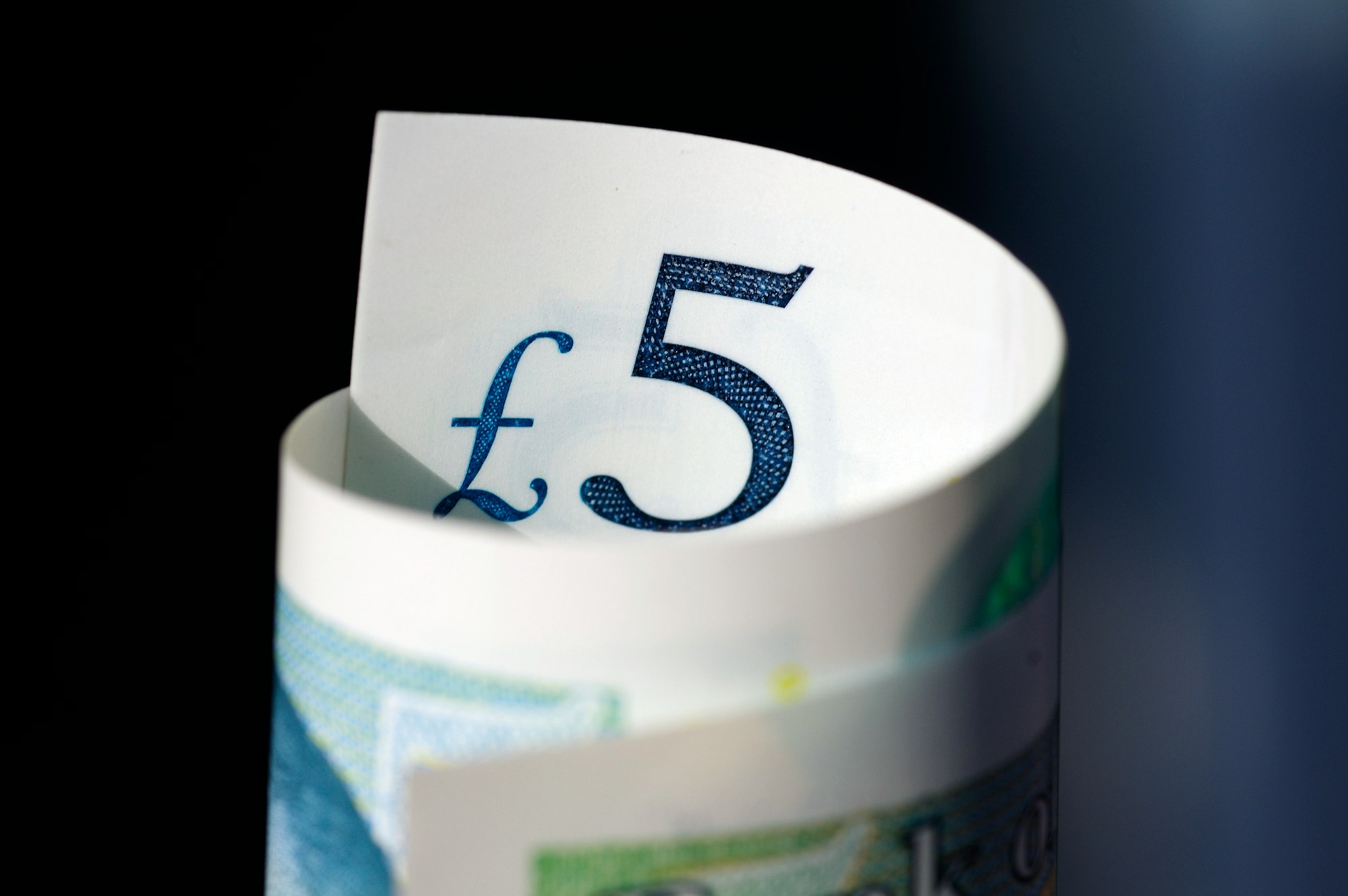FXOpen

Britain is well recognized as a country in which very few news events which cause any form of concern to the public occur.
In short, it has had literally hundreds of years of political and economic stability to the extent that the British Pound is the world's most valuable major currency and has been for two decades.
What constitutes a political event in the United Kingdom wouldn't even register as newsworthy in many regions of the world, and yesterday's vote among government officials on their support for current prime minister Boris Johnson is a case in point.
The news channels were awash with superlative-infused articles relating to a potential 'no confidence' vote by Members of Parliament on the tenure of current prime minister Boris Johnson, with many Members of Parliament looking like they would vote against him remaining in his position and many others voting for him remaining in his position.
The advent of this event raised many concerns that if Boris Johnson remained in his position, it could potentially open the door to a change of government if a general election was called, or could lead the electorate to vote the current party out of office at the general election in two years time.
There have been significant calls for Boris Johnson to resign, which has added weight to this possibility that his unpopularity should he remain in office could have an effect on the economic situation which is already at its worst for 40 years.
However, Boris Johnson hung onto his position and remains prime minister of the United Kingdom, albeit by a very narrow margin after the votes from Members of Parliament across the United Kingdom were counted.
Despite this relative political rollercoaster, the British Pound did not experience any form of volatile movement.
Over the past few days, it has remained relatively stable and continues to trade at the 1.25 mark against the US Dollar.
This is likely to be the result of an overall analysis that any change of prime minister during the mid-term administration of the current party may not make much of a difference to the overall economic situation for the United Kingdom, and the current climate of high inflation and low output, raw materials shortages and involvement in overseas geopolitics to the detriment of the British economy.
Also, other regions of the world which have major currencies as their official tender which are regularly traded against the British Pound are in a similar situation, with high inflation and equal involvement by their respective governments in global agendas and external affairs, hence the volatility of the overall Western economy as a collective is perhaps more of a concern than the value of specific currencies in specific Western countries.
The opinion that a continuation of Boris Johnson's leadership of the United Kingdom may pave the way for the election of a Labour (socialist) government in the next general election is a common one, and usually this would cause a bearish view to be taken on the future of the economy as often that style of government is associated with nationalisation of private companies and high taxation, but in today's world, there are large proportions of the British public who view that party as being very similar to the current government.
Thus, any change in economic policy or circumstance may be very slow to take effect, therefore not much moved with regard to the value of the British Pound and nor has it done this morning.
This article represents the opinion of the Companies operating under the FXOpen brand only. It is not to be construed as an offer, solicitation, or recommendation with respect to products and services provided by the Companies operating under the FXOpen brand, nor is it to be considered financial advice.
Stay ahead of the market!
Subscribe now to our mailing list and receive the latest market news and insights delivered directly to your inbox.








